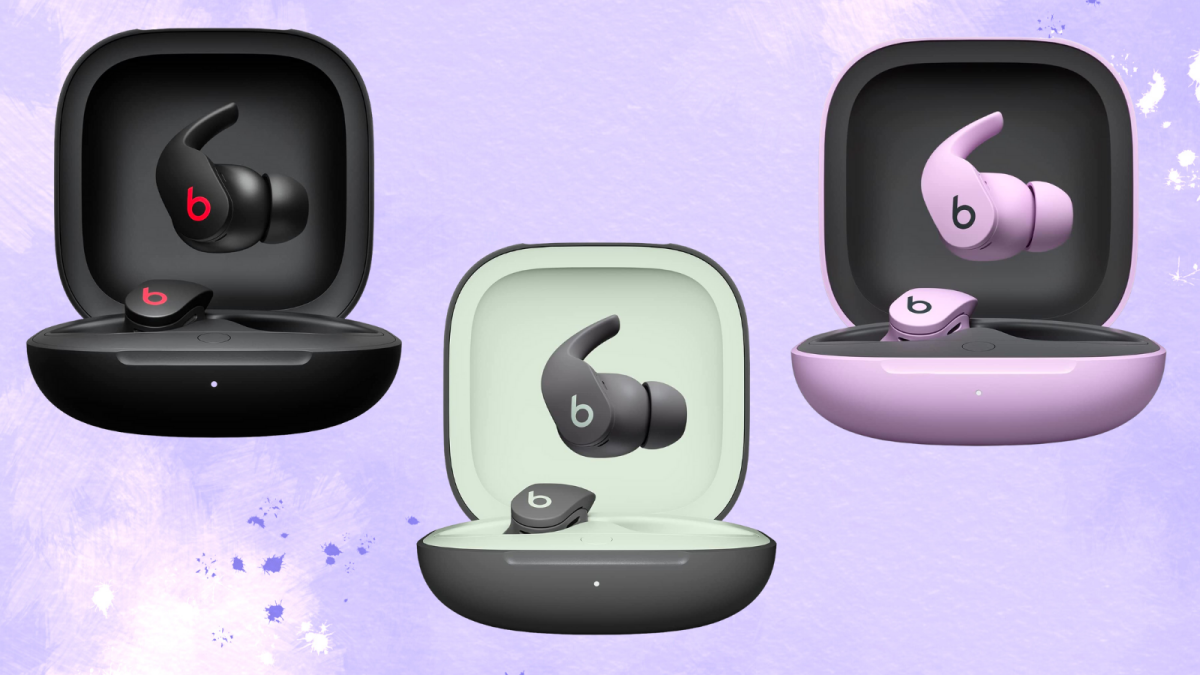“I don’t want to bother people,” says Derek Guy, the menswear writer from California behind the @dieworkwear Twitter account, which in recent weeks has been inescapable for a large proportion of Twitter users—much to their chagrin. “I’m not the one deciding to go into people’s timelines,” Guy adds. “It’s just how the algorithm works.”
Guy’s unexpected ubiquity on Twitter has proven a double-edged sword. He’s received lots of positive responses, including from people who feel they’ve learned about how to better dress themselves, thanks to the chance appearance of his advice in their timelines, but he’s also gotten plenty of hate. The attention has changed the way he uses Twitter. “My timeline now, I can’t even keep up with it,” he says. “I don’t read all of the comments, but a lot of the comments I read are hostile.”
Such a significant change in how people encounter online fame and notoriety could require a shift in how we think about the impacts of social media, says Cobbe. “Lots of people have commented on the problems of platforms’ algorithms promoting hate speech and conspiracy theories and content that could be harmful to people’s mental health,” she says. “But the less-talked-about other side of this is that people can have their thoughts amplified to audiences they maybe don’t expect. Sometimes, that can help bring some awareness to things that need it, or it might give someone the break they’ve been looking for.”
Being suddenly exposed to an audience of millions, most of them strangers, when you’ve previously posted to a handful of friends is not an uncommon experience on social media. TikTok, for instance, is lauded for its algorithm’s ability to pluck unknowns out of the ether and make them overnight stars. More children want to be YouTubers than astronauts. But that requires opting in. Twitter users like Guy didn’t ask for it—and aren’t always sure they want it. And unlike the people who previously cornered Twitter’s collective attention, these users didn’t necessarily do anything to attract the scrutiny that comes with it. “Most people, when they become Twitter’s main character for the day, it’s almost universally negative,” says Guy.
In recognition of this, Twitter users might have to be a bit more conscientious when they tweet. There are signs that’s already happening. Some users, when confronted by Guy’s unbidden tweets in their timelines, chose to attack him or mock him to their followers, tagging him in. Others were no less frustrated but deliberately avoided tagging him—as a search for “menswear guy” shows. But a third group has chosen to take a different tack: Rather than howling about the intrusion, they moderated their approach. A legion of people have quietly blocked or muted Guy’s account—and he doesn’t know unless he clicks on their profile.
It’s a better, more caring way to handle the challenge, says Cobbe. “For many people, all of a sudden being exposed to a large and not necessarily receptive audience on a platform like Twitter or TikTok might be a bewildering and harrowing experience.” This quiet approach doesn’t add to that bewilderment.
Better yet would be a change from the platforms themselves, she adds. “We need them to be more careful toward the people they’re recommending—especially if it’s leading to them being abused.” If the companies won’t do so, Cobbe has a solution: “We should use law, regulation, and other mechanisms to make them.”
#Menswear #Guy #Marks #Shift #Twitters #Main #Characters






